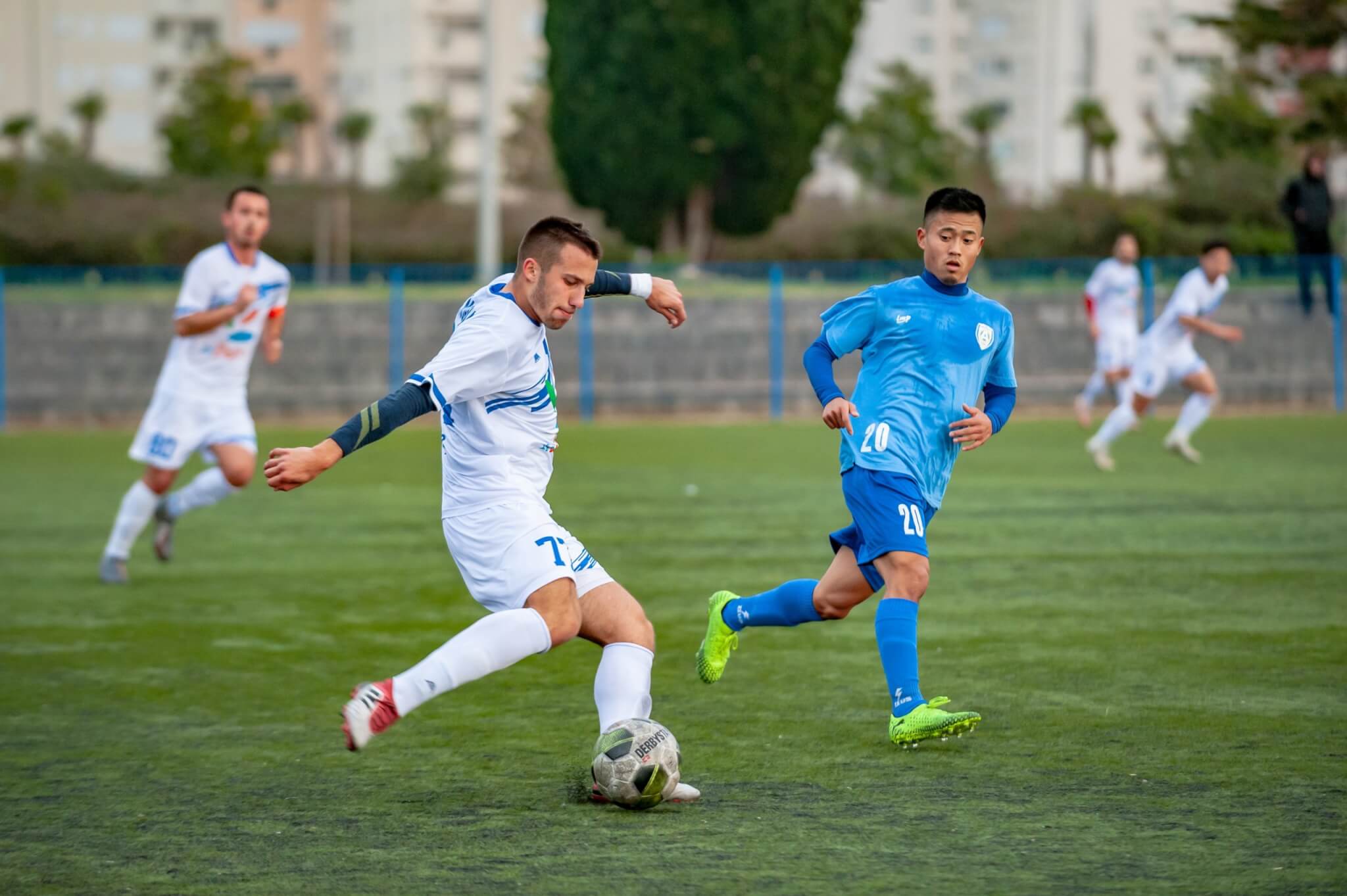STAFFORDSHIRE, United Kingdom — Countless people use a caffeine boost in the morning to get their days started, but noteworthy new research suggests too much caffeine may actually backfire. Specifically, people who participate in sports may be disrupting their own decision-making and problem-solving skills.
Researchers at Staffordshire University in the United Kingdom found that caffeine appears to negatively influence football (soccer) players’ decisions on the field. In collaboration with scientists from Shiraz University in Iran, study authors uncovered that while consuming caffeine prior to a game can improve the accuracy of football passes, it may also inflict an adverse effect on more tactical plays featuring more passes.
“Caffeine is one of the most popular dietary supplements which has been shown to provide benefits during exercise, including football. Studies have shown that caffeine can enhance attention, accuracy, and speed, as well as self-reported measures of energy and mood,” says Dr. Pooya Soltani, a senior lecturer in games technology at Staffordshire University, in a media release.
“However, the effects of caffeine on ‘higher’ cognitive functions such as problem-solving and decision-making are often debated, so we decided to investigate this.”

In all, a total of 12 young football players (ages 16-17) participated in this study, which featured a series of tasks aimed at exploring the influence of caffeine on decision-making and passing accuracy.
The participants performed five short (10-meter) and five long (30-meter) passes each, in addition to the Loughborough Soccer Passing Test which works by measuring skills such as passing, dribbling, control, and decision-making. Next, researchers used a computer task to measure decision-making across various gameplay scenarios. The athletes had to determine the best outcome of 10 simulated pre-recorded events.
Each teen completed these tasks once after taking three mg/kg body mass of caffeine, and then again after consuming similar amounts of a placebo. This approach led to the finding that athletes were 1.67 percent more accurate in short passes and 13.48 percent more accurate in long passes after consuming caffeine in comparison to the placebo.
“While the short pass accuracy remained consistent among almost all participants before and after caffeine consumption, the performance varied in the case of long passes. Moreover, most of the participants scored lower on decision-making and the Loughborough Soccer Passing Test after consuming caffeine. This may suggest that more complex tasks with a higher number of passes might negatively be affected by low doses of caffeine ingested one hour before playing,” explains Negar Jafari from Shiraz University.
To be clear, the research team stresses they are not suggesting athletes avoid caffeine entirely. They add that further research is warranted regarding the impact of caffeine on in-game decision-making.
“During a football match, players must process various cues such as opponents’ positions, team organization, and time pressure. Decision-making in passing is particularly important, where a well-executed pass can create scoring opportunities,” Dr. Soltani concludes.
“Our findings show that this can be affected by caffeine intake and coaches may find these performance metrics useful to explore in training. A number of parameters can be involved – the dosage of caffeine relative to body weight, the frequency of caffeine intake and certain positions of the players or their playing styles. For example, a slight decrease in pass accuracy might be crucial for a midfielder but less impactful for a goalkeeper.”
The study is published in the journal Behavioural Brain Research.
You might also be interested in:
- Caffeine boost from that morning cup of coffee may be all in your mind
- Drinking caffeine while pregnant can lead to brain changes, behavioral issues in children
- Protect your brain from Alzheimer’s with a daily espresso shot, Italian researchers say


“a total of 12 young football players (ages 16-17) participated in this study” = far from a comprehensive study worth publishing. Are “researchers” just getting lazier or are these Iranian “scientists” just conditioned to do shoddy work, in fear of upsetting their masters? Or there’s only 12 athletes in their country? Why couldn’t they use a larger sample size of at least 100 men and dare I say……. 100 women? This click bait article and so-called “study” belongs in the trash.
1- Study reads “A *preliminary* randomized controlled trial.”
2- Study was conducted during Covid where resources were obviously limited.
3- Conducting a study is not free. The first author is a Masters student and possibly were not supported financially. Expecting 200 participants is a bit unfair.
Next: Scientists find that breathing for 75+ years will kill you
This may be true of those who are not trained and experienced to deal with adrenaline , Most people panic , Some people attack the problem .
I question the validity of a decision-making study done using a group of 12 teenagers. The sample size is too small to be meaningful, and teens are not exactly known for their decision making skills.
What a puff piece. Isn’t there some real news you could find?
Too small a sample size for the data to be meaningful.
Lots of confounding variables as well. For example, if you routinely have caffeine, and then stop taking it, that unquestionably negatively impact performance.
They were tired after the dribbling which is why they performed bad on the higher thinking tasks.
Glaringly missing is whether the participants were regular coffee drinkers. That would cause drug resistance and a limited effect. Others have mentioned the extremely small sample size.
More B.S. from this B.S. site.